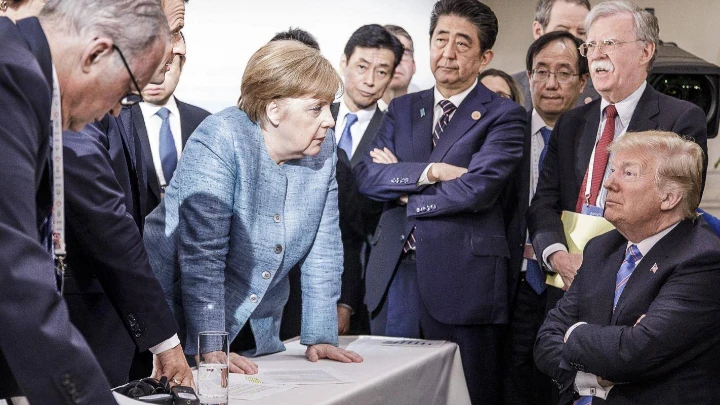When Jamaica pulled out of the nascent West Indies Federation in 1961, Trinidad and Tobago’s then prime minister, Dr Eric Williams, famously said ‘One from ten leaves nought’. In the run up to the US elections on 5 November, the US’s longstanding allies need to ask themselves if the same logic must apply to the G7.
A Donald Trump victory will result in stark differences between the US and its closest partners on key global economic issues. US allies would no doubt try and persuade the new president to moderate his position, but experience suggests that this will have little, if any, effect.
They may then want to work around the US, or on a parallel track. But doing so will be very hard unless they have a framework for discussing and developing ideas collectively. Could some form of ‘G6 plus’ forum help?
The role of the G7 today
The G7 no longer acts as a steering group for the global economy. However, it remains a critical forum for the US and its allies to coordinate their efforts to help solve global problems, to defend common Western interests, to resolve internal disputes and to underpin information exchange.




